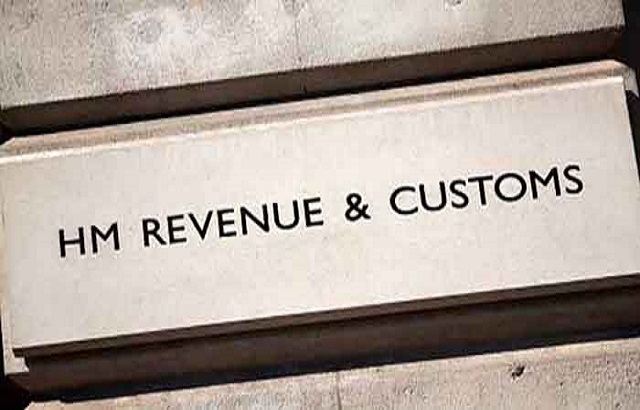HM Revenue & Customs has not applied for any unexplained wealth orders (UWO) since they were introduced in January 2018, a freedom of information request has revealed.
“Given the time and resources that went into securing UWOs, as part of the Criminal Finances Act 2017, it is surprising that HMRC has not applied for any UWOs since the statutory power was enacted over 12 months ago,” said Michael Potts, senior partner at law firm Byrne & Partners, which was responsible for requesting the information.
In contrast, the National Crime Agency (NCA) secured two orders just over a month after the legislation was rolled out.
Under pressure
“The intent was not to target individuals or business dealings, but to ensure that the authorities have the ability to compel those who seek to conceal unexplained wealth to give full disclosure so that the claimed sources can be tested in court,” Potts added.
He expects, “given the public outcry following the Panama Papers and the Paradise Papers revelations”, that HMRC would “feel some pressure to follow the actions of the NCA in the near future”.
International Adviser reached out to HMRC for details about why it has not yet issued a UWO, to which a spokesman responded: “HMRC takes tackling illicit finances very seriously and unexplained wealth orders are only one tool in the box for ensuring criminals do not profit from their ill-gotten gains.
“HMRC uses a broad range of powers to tackle illicit finance, such as those contained in the Proceeds of Crime Act, introduced via the Criminal Finances Act, insolvency and bankruptcy procedures as well as more traditional tax investigations.
“Since creation of its dedicated Proceeds of Crime function in 2016/17, HMRC has recovered or denied fraudsters access to more than £244m, including £65m [to end Jan 2019] in this current financial year. HMRC is determined to ensure that crime doesn’t pay and will use UWOs where they are necessary.
“We currently have a number of cases under review,” the spokesperson said.
Requesting a UWO
An individual who receives a UWO must explain how they obtained the asset in question. HMRC and the other relevant enforcement bodies can apply for such as order at the High Court.
In order to obtain one, the body must prove that there is a reasonable cause to believe the individual holds assets worth more than £50,000 ($65,406, €58,270), and there are grounds to suspect the individual’s known income would not explain the ownership of the property.
To grant the order, the judge must also be satisfied that there are reasonable grounds to suspect the individual in question, or a person they are connected to, has been involved in a serious crime, including tax evasion.








